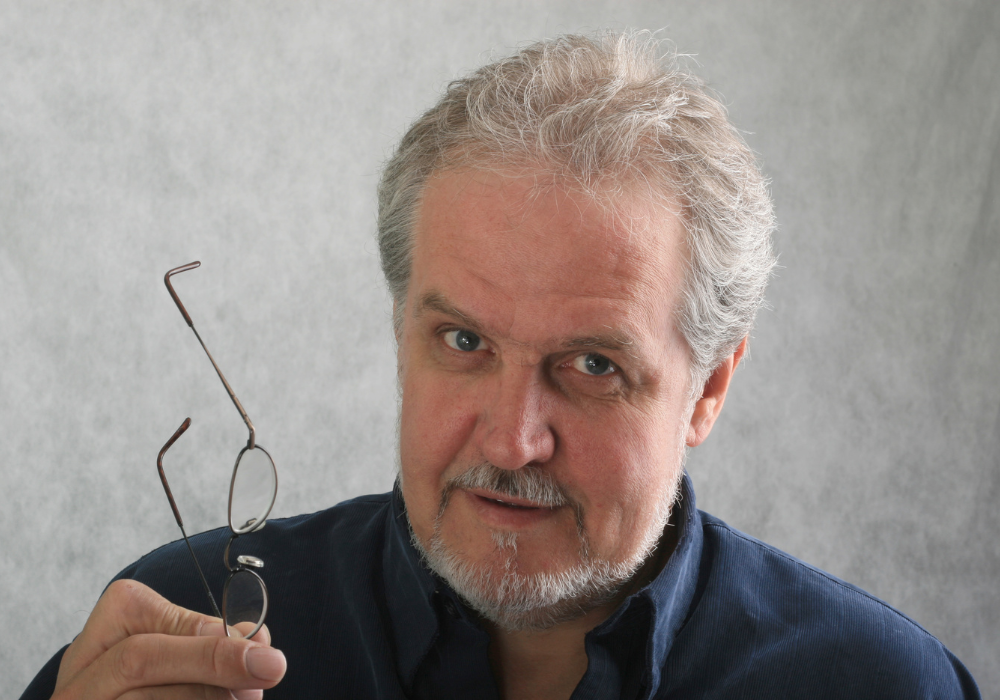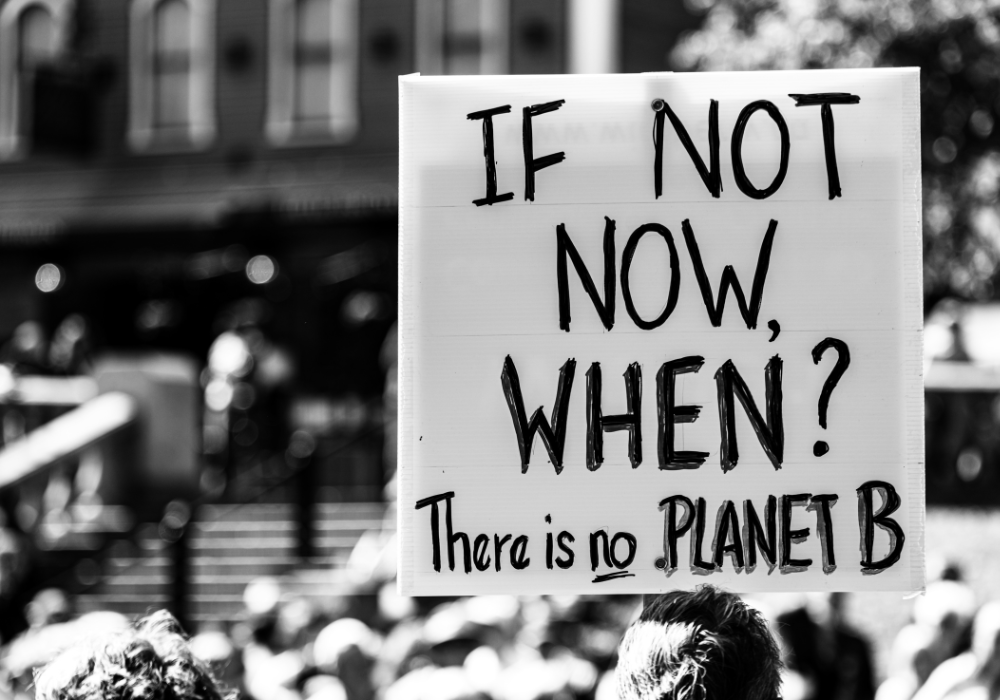Why smart people reject climate science despite overwhelming evidence.

Climate denial isn’t about intelligence—it’s about psychology. Even highly educated people with advanced degrees can dismiss decades of scientific consensus on global warming, not because they lack the cognitive ability to understand the evidence, but because their brains are wired to protect existing beliefs and social identities. Psychologists have identified specific mental mechanisms that allow otherwise rational people to reject climate science while accepting other scientific findings without question.
1. They Only Pay Attention to Facts That Support What They Already Believe

Climate deniers don’t reject all science – they just ignore the parts that don’t fit what they want to hear. It’s like only reading movie reviews that agree with your opinion while pretending the bad reviews don’t exist.
Their brains work backwards from what they want to be true, then find ways to dismiss anything that disagrees. Smart people are actually worse at this because they’re better at coming up with clever reasons to ignore facts they don’t like.
2. They Need to Believe Our Current System Is Working Fine

Most people have a deep need to think that our economy and way of life are basically good and fair, even when they’re not. Climate science suggests we might need to change how we live, work, and do business, which feels scary and threatening.
It’s easier to doubt the science than to accept that the system you’ve built your life around might need major changes. People would rather believe climate scientists are wrong than face the possibility that capitalism and consumerism might be harming the planet.
3. Rejecting Climate Science Is a Way to Fit in With Their Group

For many people, climate change isn’t really about science – it’s about politics and identity. They adopt whatever position their friends, family, and political party believe in order to stay part of the group.
Conservative identity often includes values like personal freedom and limited government, which seem threatened by climate policies. Denying climate science becomes a way of showing loyalty to your team rather than a careful evaluation of evidence.
4. They Hate the Solutions So Much They Reject the Problem

Many climate deniers aren’t actually skeptical of temperature data or ice measurements – they just really hate the idea of government regulations and lifestyle changes. When you despise the medicine, it’s tempting to convince yourself you’re not sick.
The more someone fears carbon taxes, environmental regulations, or changes to their lifestyle, the more motivated they become to find flaws in climate science. Their opposition to the solutions creates mental pressure to reject evidence that the problem exists.
5. Believing Climate Science While Living Normal Lives Creates Mental Stress

Accepting that your daily activities are contributing to a planetary crisis while continuing to drive, fly, and consume creates uncomfortable psychological tension. Most people resolve this tension by adjusting their beliefs rather than changing their behavior.
It’s much easier to decide climate change isn’t real than to feel guilty every time you start your car or book a flight. People develop elaborate mental justifications that let them live normally without worrying about environmental impacts.
6. Future Problems Don’t Feel as Real as Today’s Concerns

Human brains evolved to worry about immediate dangers like predators and storms, not gradual changes that happen over decades. Climate change unfolds too slowly to trigger our psychological alarm systems the way immediate threats do.
Problems that might happen in 2050 feel abstract and hypothetical compared to current worries about jobs, bills, and gas prices. Our brains treat distant future risks as less important than whatever is happening right now, making climate denial psychologically easier.
7. Smart People Think They Can Figure Out Complex Science on Their Own

Educated people often become overconfident in their ability to evaluate scientific topics, even outside their expertise. This overconfidence makes them think they can spot problems with climate research that thousands of scientists have missed.
Having a college degree or professional success gives people confidence that they’re smart enough to see through scientific “mistakes” or “bias.” Their education makes them less likely to trust scientific consensus because they believe they can do the analysis themselves.
8. Conspiracy Theories Make Complex Situations Simple to Understand

Believing that climate science is a massive hoax gives people one simple explanation for why thousands of scientists from different countries and institutions all agree. Conspiracy thinking appeals to people who want to feel like they have special insight others lack.
The conspiracy mindset turns climate deniers from people who reject science into brave truth-tellers who see through elaborate lies. This makes them feel smart and special rather than wrong, which protects their self-image while dismissing scientific evidence.
9. Denial Protects People From Feeling Anxious and Helpless

Facing the reality of climate change can cause serious anxiety, depression, and feelings of powerlessness that many people find overwhelming. Denial becomes a form of mental self-defense that helps people sleep at night and function normally.
The psychological benefits include less worry about the future, continued optimism, and freedom from guilt about lifestyle choices. These immediate mental health benefits make denial attractive as a coping strategy, even when it’s factually wrong.
10. They Only Read News Sources That Tell Them What They Want to Hear

Climate deniers often stick to media sources that confirm their skepticism while avoiding information that challenges their views. Social media and partisan news create echo chambers where people only encounter information that supports what they already believe.
Getting your climate information validated by trusted news sources makes it easy to dismiss mainstream science as biased or corrupt. This selective media diet creates the false impression that climate denial has more scientific support than it actually does.